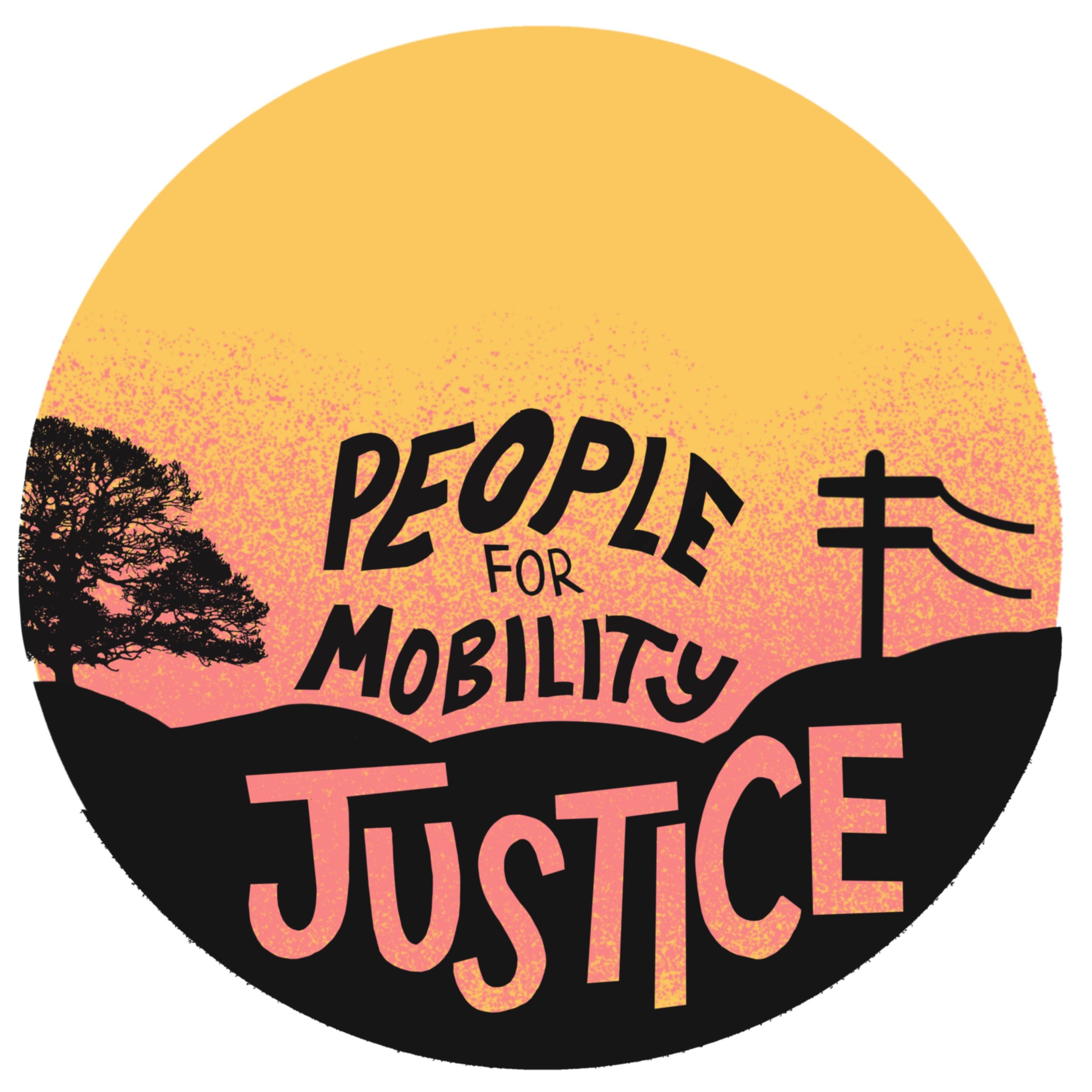Our Team
Staff
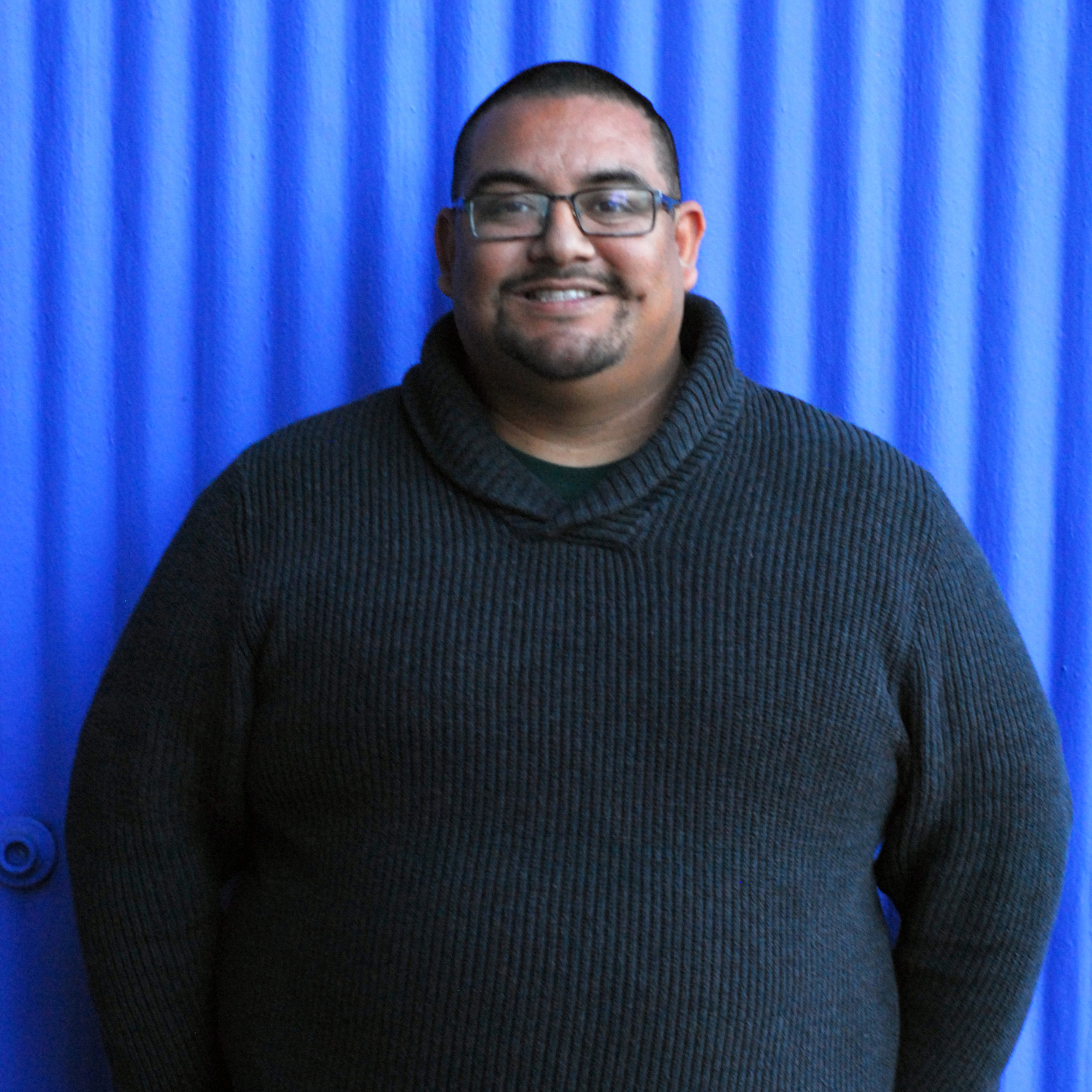
Andres Ramirez | Executive Director| Pronouns: he/him/his | andres@mobilityjustice.org
As the first generation son of Salvadorian migrants, Andres Ramirez was born and raised in South Los Angeles and attended the University of California, Los Angeles (UCLA). While at UCLA, Mr. Ramirez chaired many university-wide organizations that focused on community organizing, activism, and social justice. He has led multiple efforts in South LA as the Community Organizer for Community Healthy Councils, TRUST South LA, Strategic Actions for a Just Economy, Community Coalition, Coalition LA, and as a Public Ally. He is currently the Campaign Manager at SCOPE Los Angeles. SCOPE advocates for economic development, local jobs, and equitable distribution of resources to South LA. Ramirez has committed his life and career to social justice.
Ramirez is a strategist, tastemaker, organizer, and urbanist that specializes on innovative strategies to transform low income communities into thriving, healthy, self-sustainable hubs. As a native Angelino, he has dedicated his life to building community power in South/Southeast LA. He is a part of an emerging active transportation movement in South/Southeast LA that is challenging the city and county to transform its car-centric culture into one that supports multiple modes especially walking and cycling.
Ramirez is a certified LCI (#4146) who has taught bilingual courses for adults and children in South LA. Most recently he led Traffic Skills 101 courses for school staff at Audubon Middle School to assist with their newly created bike program.
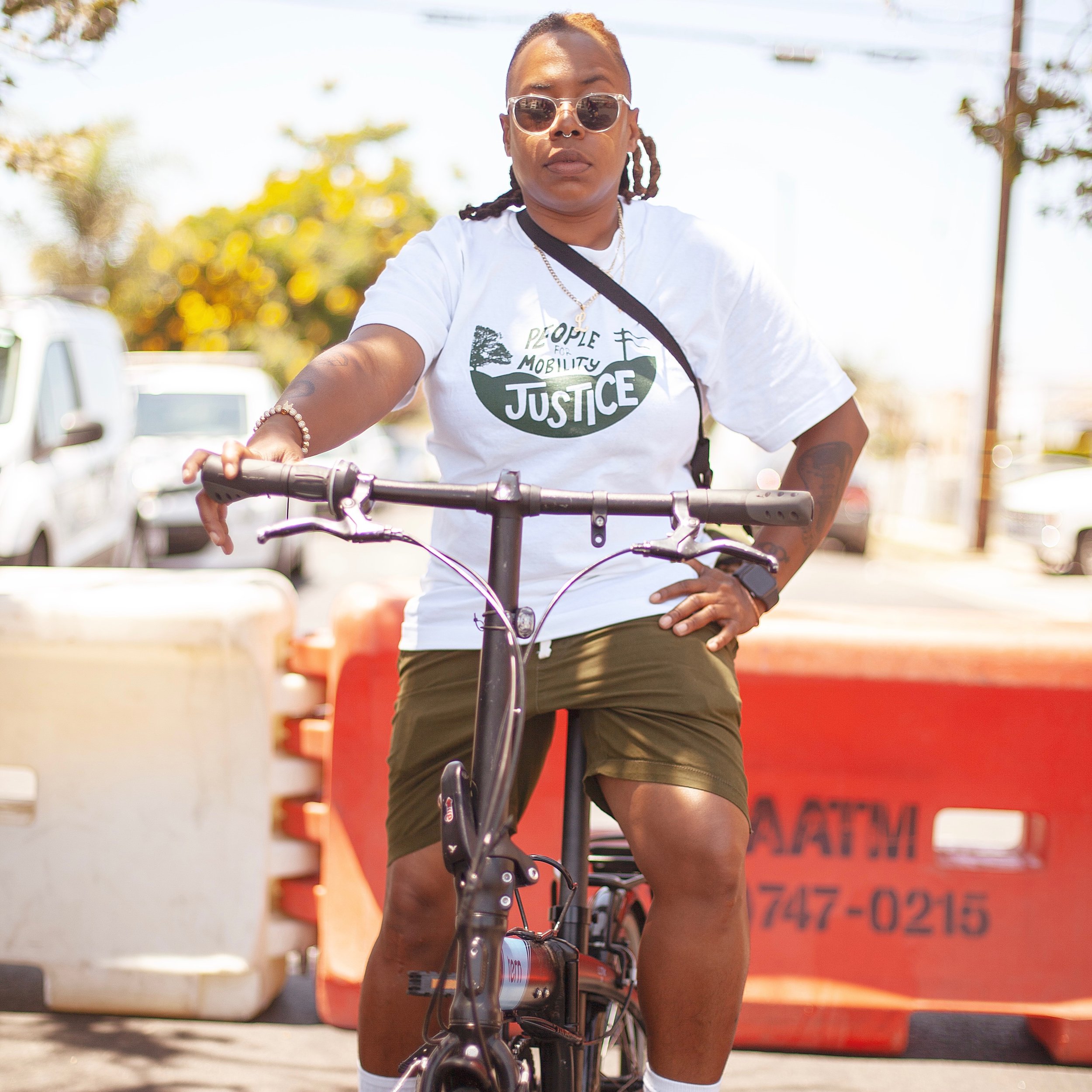
Lena Williams | Programs Director | pronouns: any | lena@mobilityjustice.org
Lena Williams is a bike/community organizer, and pet care expert from Orangeburg, South Carolina. Since moving to Los Angeles in December of 2016, Lena has worked building community in the South LA neighborhood of Leimert Park. She is a co-founder of South LA’s first pet care cooperative, ToBeeLoved. She also has particular expertise in cultivating , planning, and leading bike tours for communities of color. She has biked over 1,000 miles across the South in-- Georgia, Louisiana, and South Carolina. Lena is an advocate for Black Lives Matter, cyclist of color, queer communities of color, and working class communities. In her free time she enjoys trying out new recipes and hanging out with her family and friends.
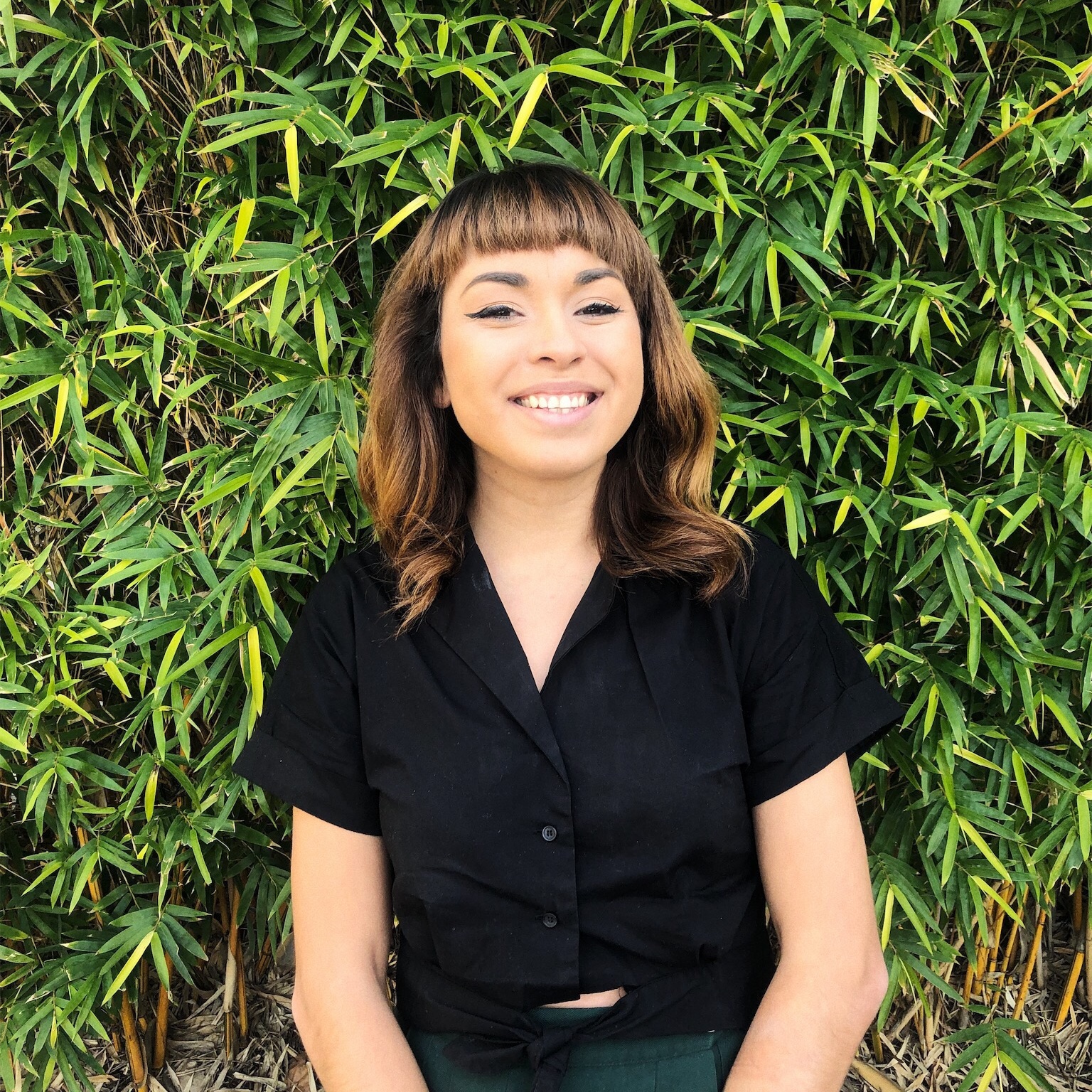
Maryann Aguirre | Project Director | Pronouns: she/her/hers | maryann@mobilityjustice.org
Maryann Aguirre was born and raised in Boyle Heights and is the daughter of Mexican immigrants. As a young mother at the age of 17 with little to no access to a vehicle she was no stranger to multi-modal transportation. Maryann joined the all women of color bicycle collective, Ovarian Psycos in 2011 and during her five years as an active core member she centered much of her work and passion around women of color on bicycles as an alternative method of transportation and a tool for social change.
Maryann joined PMJ in 2014 as a Program Specialist and through her involvement she has developed and led innovative community-based campaigns, bike rides and programs that centers women, people-of-color and low-income communities in public planning processes focused on bicycle education, street safety and land use. She has engaged in several local and national projects and conferences and has been invited several times to present at the National Bike Summit in Washington, DC to discuss the impact of bicycle facilities on housing affordability and women-of-color’s roles in leading inclusive and accessible bicycle advocacy. She has also sat on the Boyle Heights Neighborhood Council and was the Mayoral Appointee for the Bicycle Advisory Committee for the City of LA.
Maryann was hired as the Communications and Project Analyst in 2018 and supported the growth of PMJ programs and policy work and shared this through various communication platforms and coalition spaces. In 2019, Maryann was appointed as the Project Director of PMJ and is responsible for overseeing PMJ finances, contracts and projects with the support of PMJ Co-Board Chairs.

Kalayaan Mendoza | Senior Mobility Justice Organizer| Pronouns: she/her/hers | kalayaan@mobilityjustice.org
Kalayaan Mendoza was born and raised on Tongva Land / Los Angeles, in the communities of Koreatown and Historic Pilipinotown. She is the daughter of immigrants from the islands of the Philippines, later adopted by a mother from Oaxaca. Kalayaan has served as a student, labor, and community organizer around issues such as immigrant rights, undocumented youth and access to higher education, prison abolition, labor rights, and access to health. She has trained with organizations such as Generative Somatics and the UCLA Labor Center, reminding her of her dedication to working towards justice rooted in love and healing. Her years as a cyclist have fed her passion for transportation accessibility in Los Angeles, building community, and using movement as a means of not only improving health but also an act of resistance.
Advisory BOARD
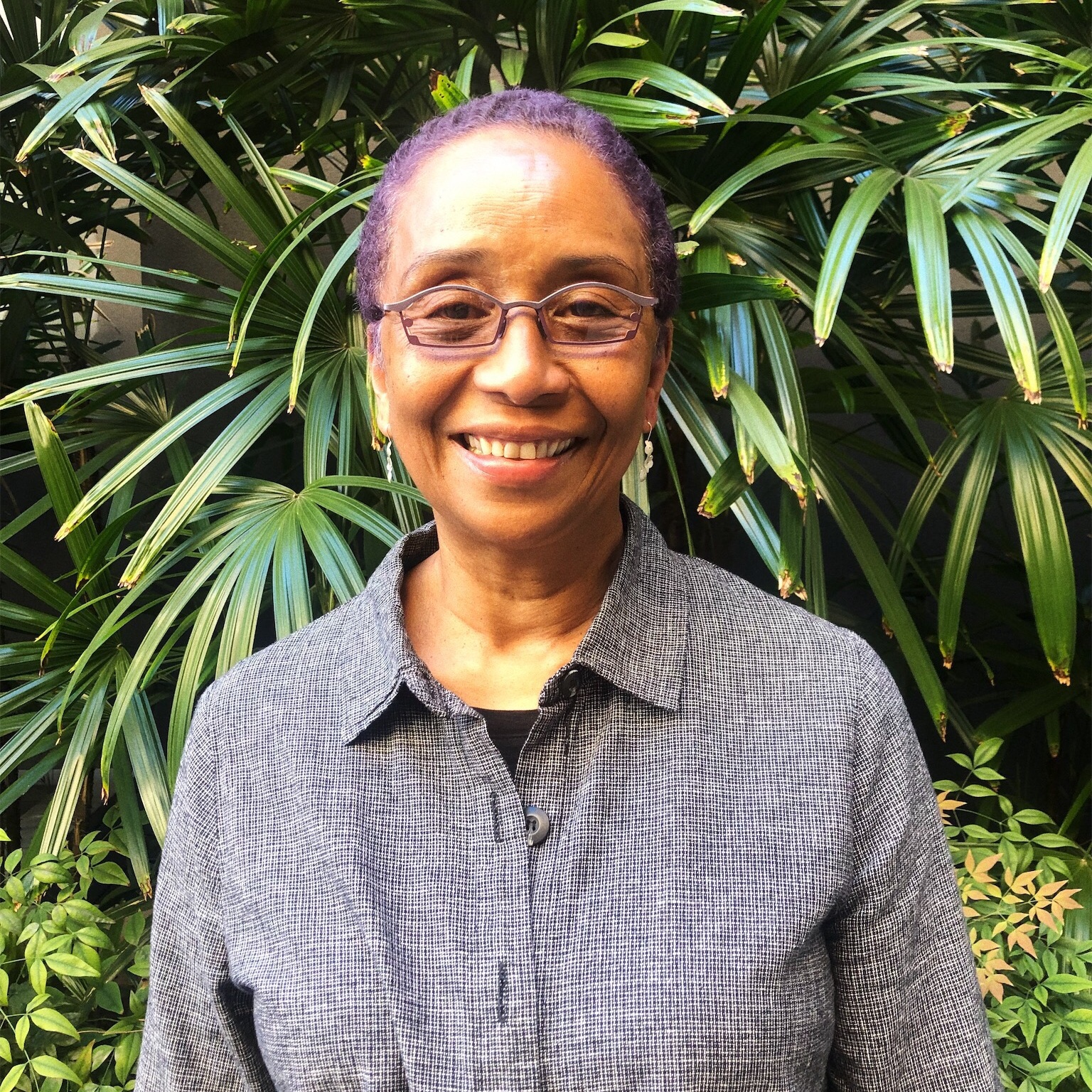
Sumi Gant | Advisory Board Member | Pronouns: she/her/hers | sumi@mobilityjustice.org
Sumire Gant has worked in government throughout her career, with the City of Long Beach Transportation Programs and Planning division, with Metro in Transportation Planning and in Government and Public Affairs, and with the City of Compton's Cable Television and Public Affairs department. She chose government work as a way to make a difference in her community, and sees her role as an internal advocate. She currently heads her own consulting practice with a focus on engaging disadvantaged and undeserved communities around active transportation, and serves on the steering committee for Walk Bike Long Beach as well as the Long Beach Transit Board. She holds a BS in Public Administration from USC and an MBA from UCLA.

Erika Rincón | Advisory Board Member | Pronouns: she/her/hers
Erika is based in the Bay Area and has 15 years of experience working to advance equity and access to opportunity for low-income people of color in California. Partnering across several coalitions, she has extensive experience in shaping state transportation policy and planning to maximize mobility, safety, and economic benefits in low-income communities of color through her prior role at PolicyLink. Her state policy campaign work also focused on climate investment programs, the infrastructure sector, and the state workforce system, where she previously led efforts to increase access to workforce development and quality jobs for communities facing barriers to employment, including boys and men of color and formerly incarcerated people. She brings wide-ranging experience in community-based planning, education outreach, research, and capacity building through previous positions with Latino Issues Forum, Safe Routes to Schools, Richmond High School, and the San Francisco Department of Public Health. Currently, she serves as a Senior Associate with Estolano Advisors.
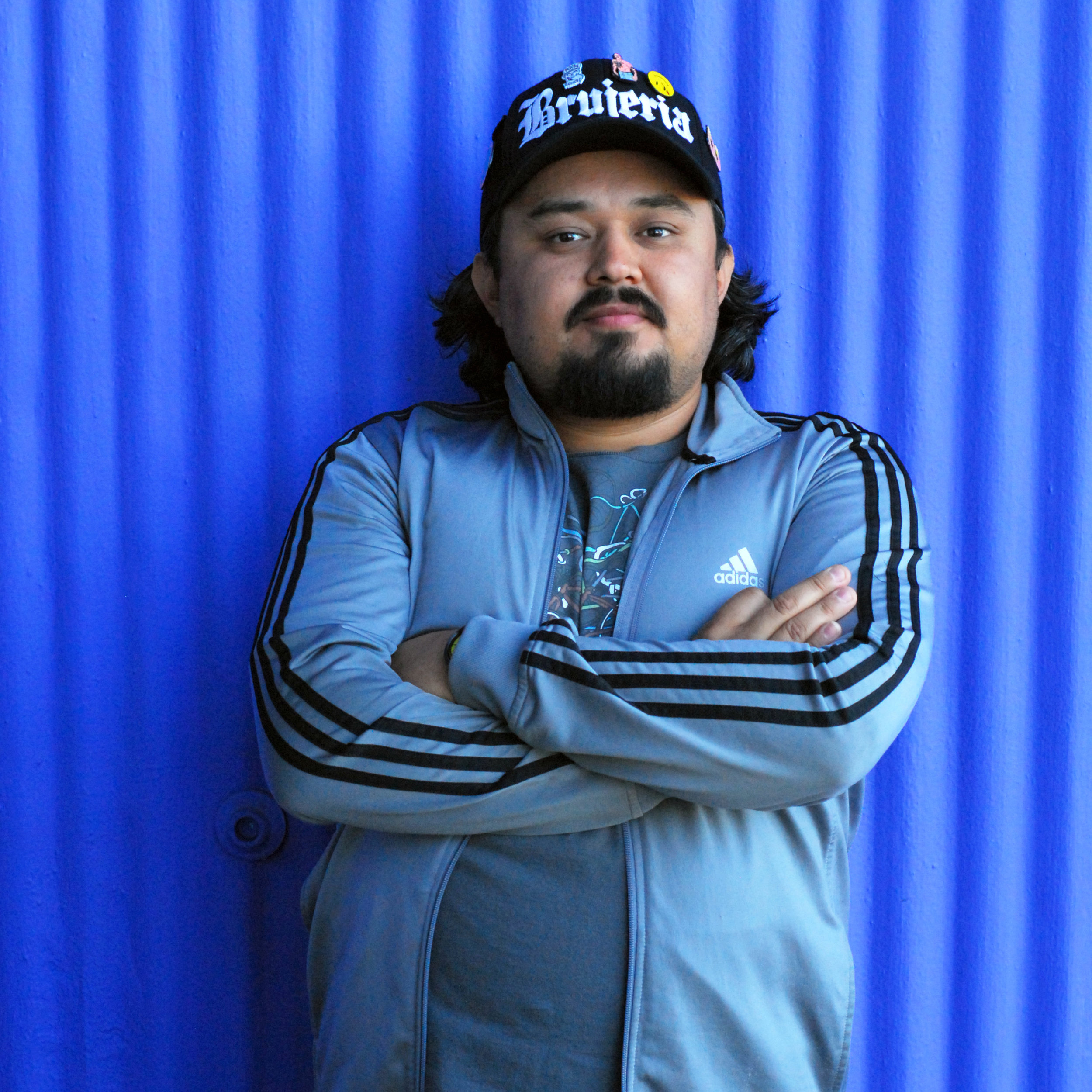
Erick Huerta | Advisory Board Member | Pronouns: he/him/his | erick@mobilityjustice.org
Erick Huerta is a digital strategist and communications consultant for non-profits, labor unions, and grass-roots organizations. He has a background in journalism, is a hyper local blogger for the neighborhood of Boyle Heights, and freelance writer. Erick is an advocate for immigrant’s rights, cyclist of color, and working class communities.
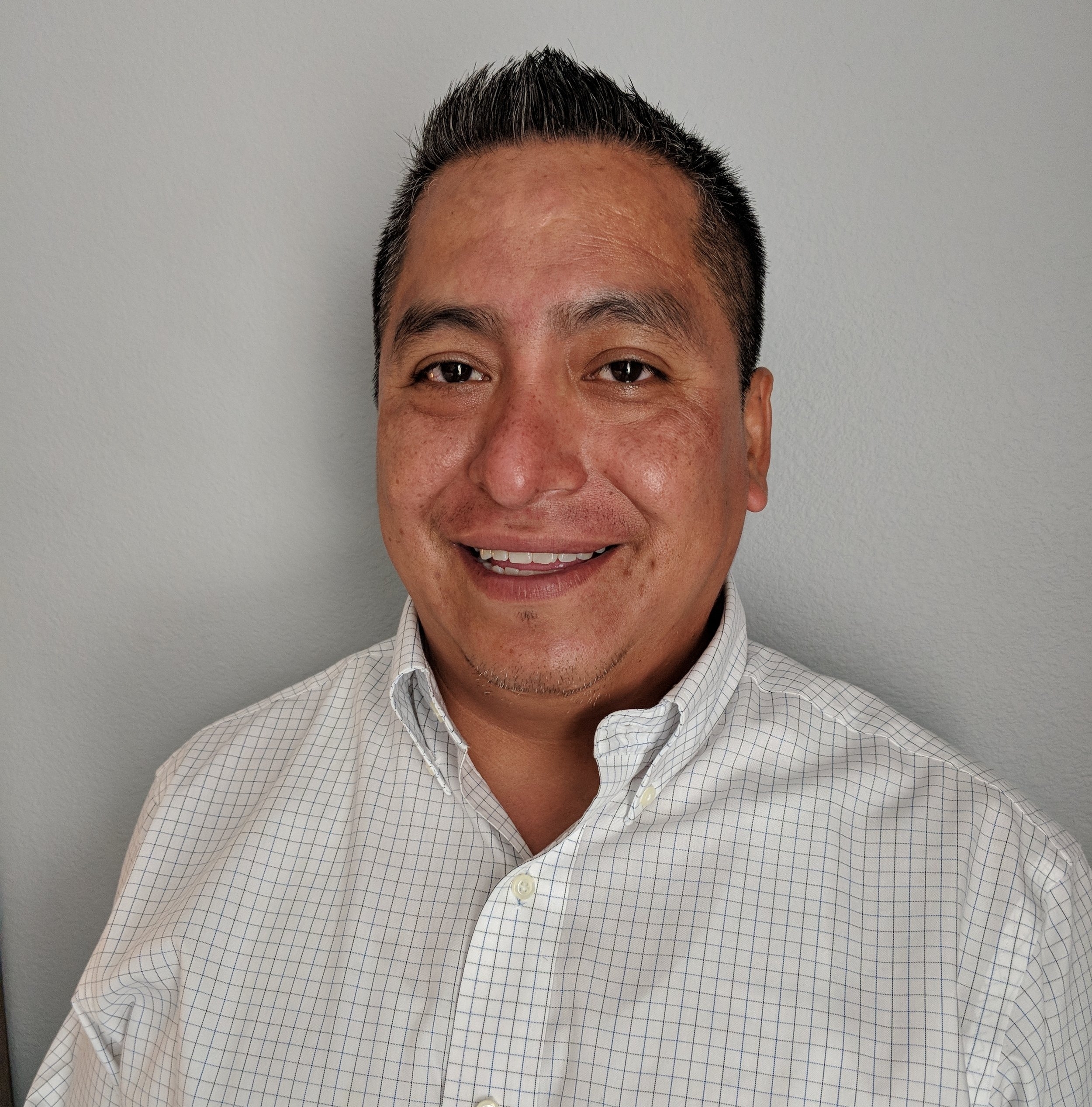
Isidro Cerda | Advisory Board Member | Pronouns: he/him/his | isidro@mobilityjustice.org
Isidro is a native of Mexico City and grew up in the community of East Los Angeles. His interest in mobility and communities of color come from his experience as a Latino immigrant and are heavily influenced by the maxims of equity, social, and environmental justice. He is particularly interested in the potential of community based research and popular education in empowering and effecting change in underrepresented communities. Isidro obtained a BA in Global Economics and Latin American Studies from the University of California Santa Cruz, and completed coursework in the masters program in Urban Planning and Public Policy at USC. In the past he has worked as TOD research coordinator for SAJE, a tenant rights organization, and as a planning consultant for City of Los Angeles. His most recent professional experience is as a lead organizer for a civic engagement consulting firm working with small family restaurants.

Maria Sipin | Former Board Member | Pronouns: she/her/hers | maria@mobilityjustice.org
Maria Sipin has a background in health communications and research for nonprofit health care and local transportation advocacy work. She is experienced in community mobilization for issues ranging from national adolescent health initiatives for LGBTQ youth of color and local active transportation projects to prioritize the needs and rights of low-income communities of color. She currently serves as an advisory board member on her fifth year for People for Mobility Justice (formerly known as Multicultural Communities for Mobility), and is passionate about storytelling, leadership development and pathways for higher education for young people of color, addressing inequities within institutions, and making urban planning processes more accessible and inclusive. She has developed anti-oppressive frameworks in the private consulting realm and facilitates trainings in-person and through webinars. She happily connects self-expression and community building through art and hip-hop to her urban planning work, where she first started convening young people and artists through Session [A] at Cal Poly Pomona in undergrad for "Open Mics, Open Tables, Open Floors, Open Minds." She is completing her degrees in Master of Urban & Regional Planning and Public Health program at Portland State University and Oregon Health & Science University. She is a certified bicycle safety instructor (LCI #3846), a “Walking College” fellow alumni (class of 2016), IBPI Active Transportation Scholar (2017-2018), and NITC Scholar (2018). She was awarded the Gail Achterman Leadership Scholarship by WTS Portland in 2017.
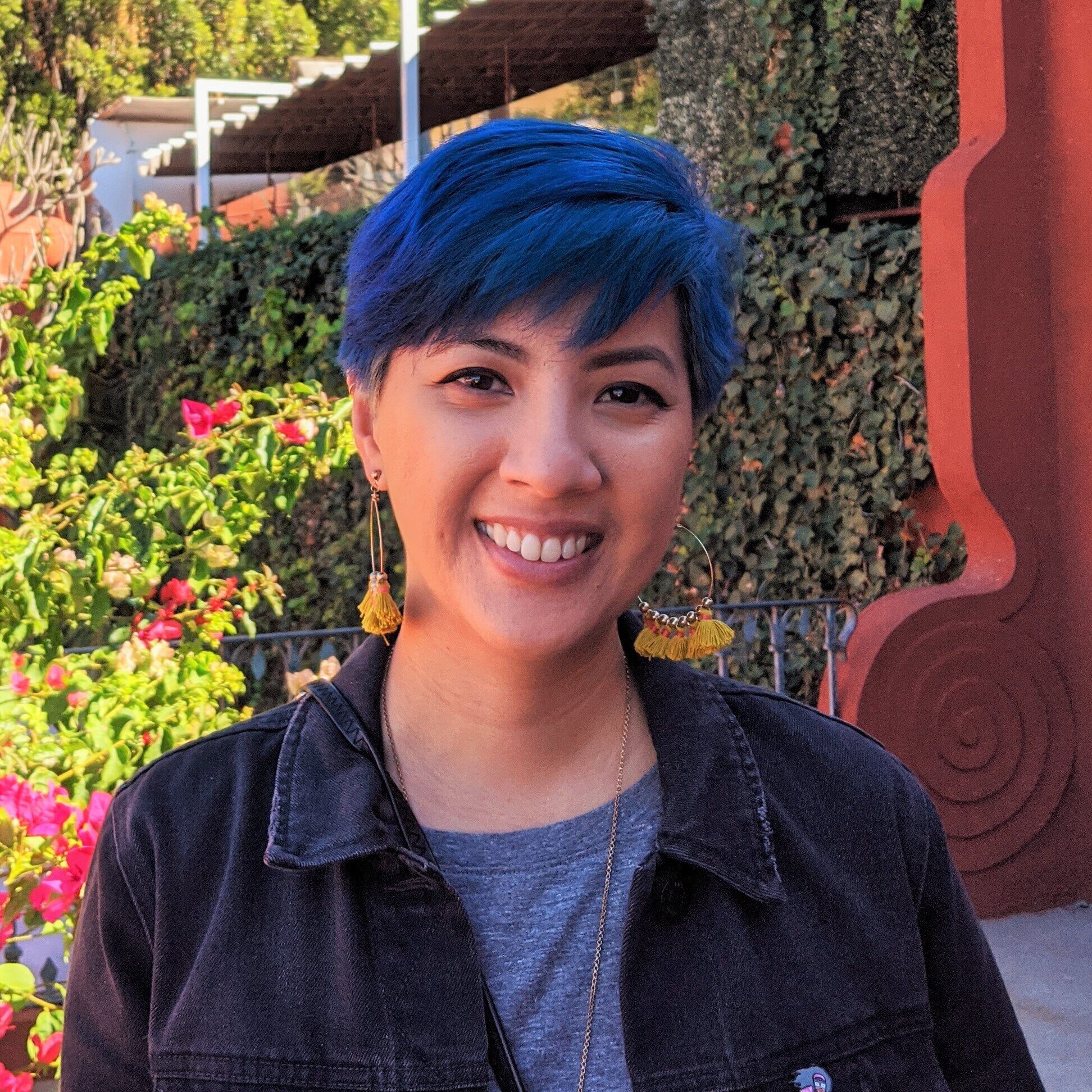
Anisha Hingorani | Former Board Member | Pronouns: she/her/hers | anisha@mobilityjustice.org
Anisha is a policy analyst at the Advancement Project California and works in partnership with community-based organizations to advance racial and social equity in advocacy of healthy built environments. Anisha served as the first staff person at Multicultural Communities for Mobility (MCM), where she helped develop culturally-relevant programs that meaningfully engaged transit-dependent residents in transportation planning processes and organized for policies to protect vulnerable communities from over-policing, criminalization and displacement. She is the daughter of Taiwanese and Indian immigrants and was raised in the San Gabriel Valley.
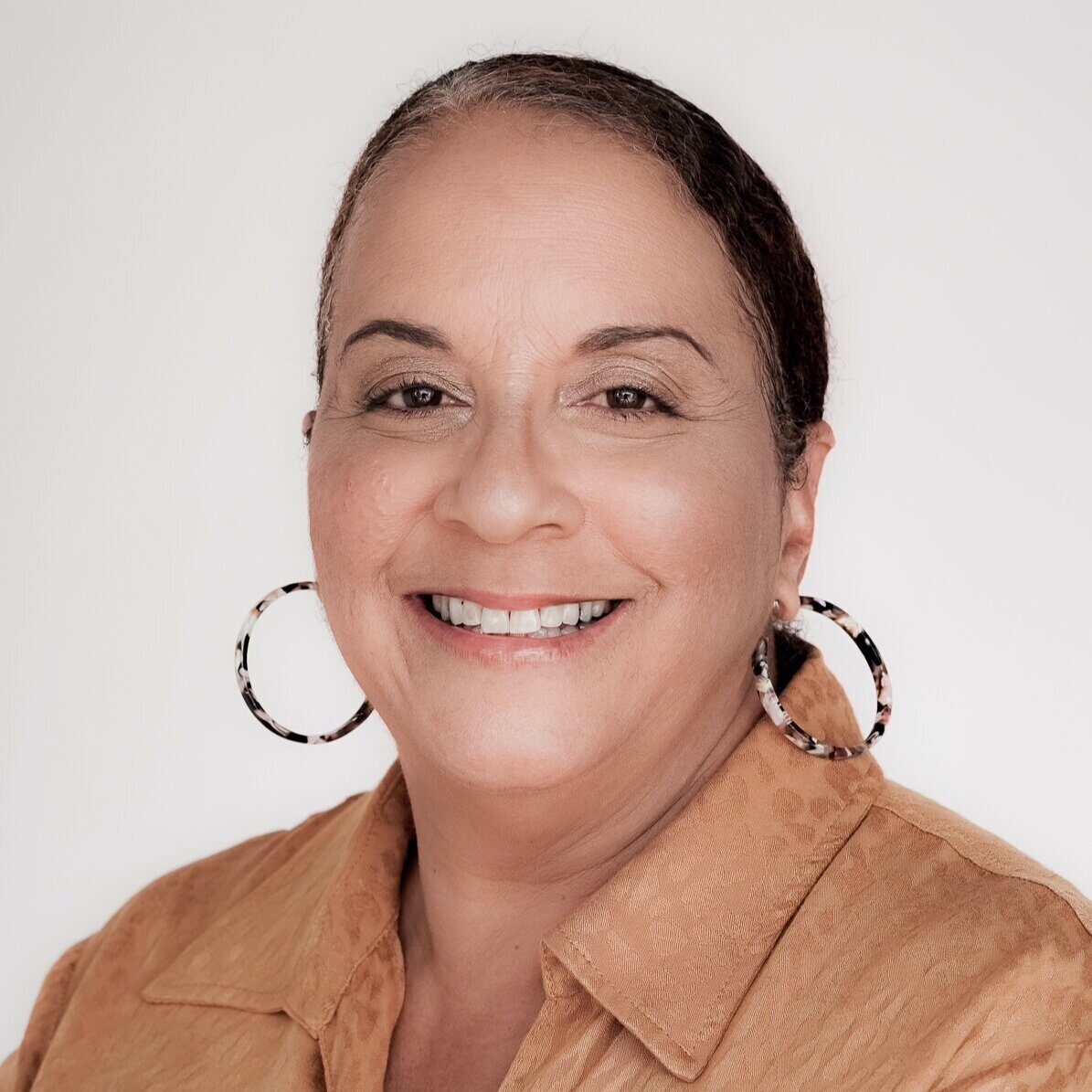
Yolanda Davis-Overstreet | Former Board Member | Pronouns: she/her/hers | yolanda@mobilityjustice.org
Yolanda Davis-Overstreet, a recent graduate of the Urban Sustainability Master’s Program (USMA) at Antioch University, Los Angeles, is a community sustainability, transportation equity and mobility justice activist with a primary focus on pedestrian safety in communities of color at the intersection of the social and environmental justice issues. Yolanda has executed a range of diverse work assignments as a past marketing and graphic design entrepreneur turned social and environmental activist in both the private and nonprofit sectors. She is currently working with her alumnus (Antioch University LA) as part of the Diversity Committee and advancing the USMA mission, a Board Member At-Large on the West Adams Neighborhood Council, part of the Student Attendance Review Team (SART) as a Parent Advocate for New LA Charter School (elementary and middle school), and the National Active Transportation Equity Work Group for Safe Routes to School National Partnership. Yolanda is a past committee member of the Enforcement Committee for the Los Angeles Vision Zero Alliance. Yolanda has a son who is twenty-two, as well is the caretaker of her daughter who recently turned seventeen and mother who is ninety-six.
Yolanda understands what it means to grow-up within a historically marginalized community. West Adams, a neighborhood located in South Los Angeles is historically known for its predominantly African Americans population dating back to the Second Great Migration of 1940. As a woman of color, mother, a social and environmental activist and recently trained urban sustainability, one of the most vital lessons Yolanda has learned and activated in these transformative years doing community service work is that her narrative matters. She too understands that this understanding transcends into “our community narrative matters and when guided and activated it can bring about just and healing change.” Through Yolanda’s community work, she has learned to take on the role of an adaptive leader through the process of continuous comparative and observational research, along with the actions of local and national relationship building. She believes it is imperative that our communities collectively shift into understanding and valuing the connection on how policy, wellness, education, the criminal justice system, housing, climate, biodiversity and equitable transportation play a vital role at the intersection of leading us into improved upon pedestrian safety, infrastructure and wellness for our youth, families and overall human sustainability.
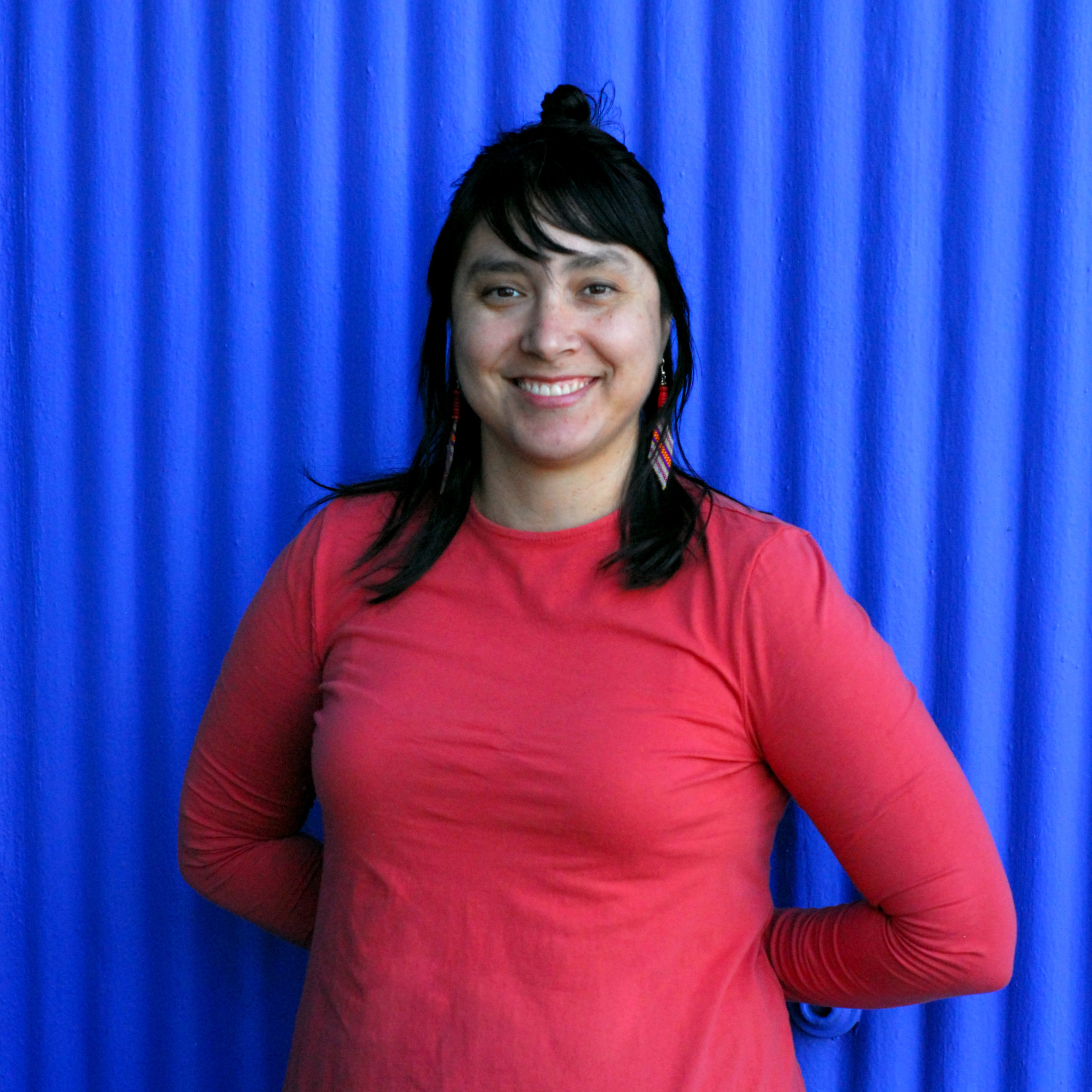
Adonia Lugo | C0-Founder | Pronouns: she/her/hers | adonia@urbanadonia.com
Dr. Adonia E. Lugo was born and raised in traditional and unceded Acjachemen territory. As of March 2020, Adonia is no longer involved in PMJ’s day-to-day activities. She is the Interim Chair of the Urban Sustainability department at Antioch University Los Angeles. She collaborates with folks around the country to identify just action at the intersections of race, class, and sustainable transportation. Check out her 2018 book Bicycle/Race: Transportation, Culture, & Resistance (Microcosm Publishing). Adonia is also a core organizer with the Untokening collective and was the lead author on Untokening’s 1.0 Principles of Mobility Justice. Adonia co-led the advisory board through MCM’s transformation into People for Mobility Justice.
